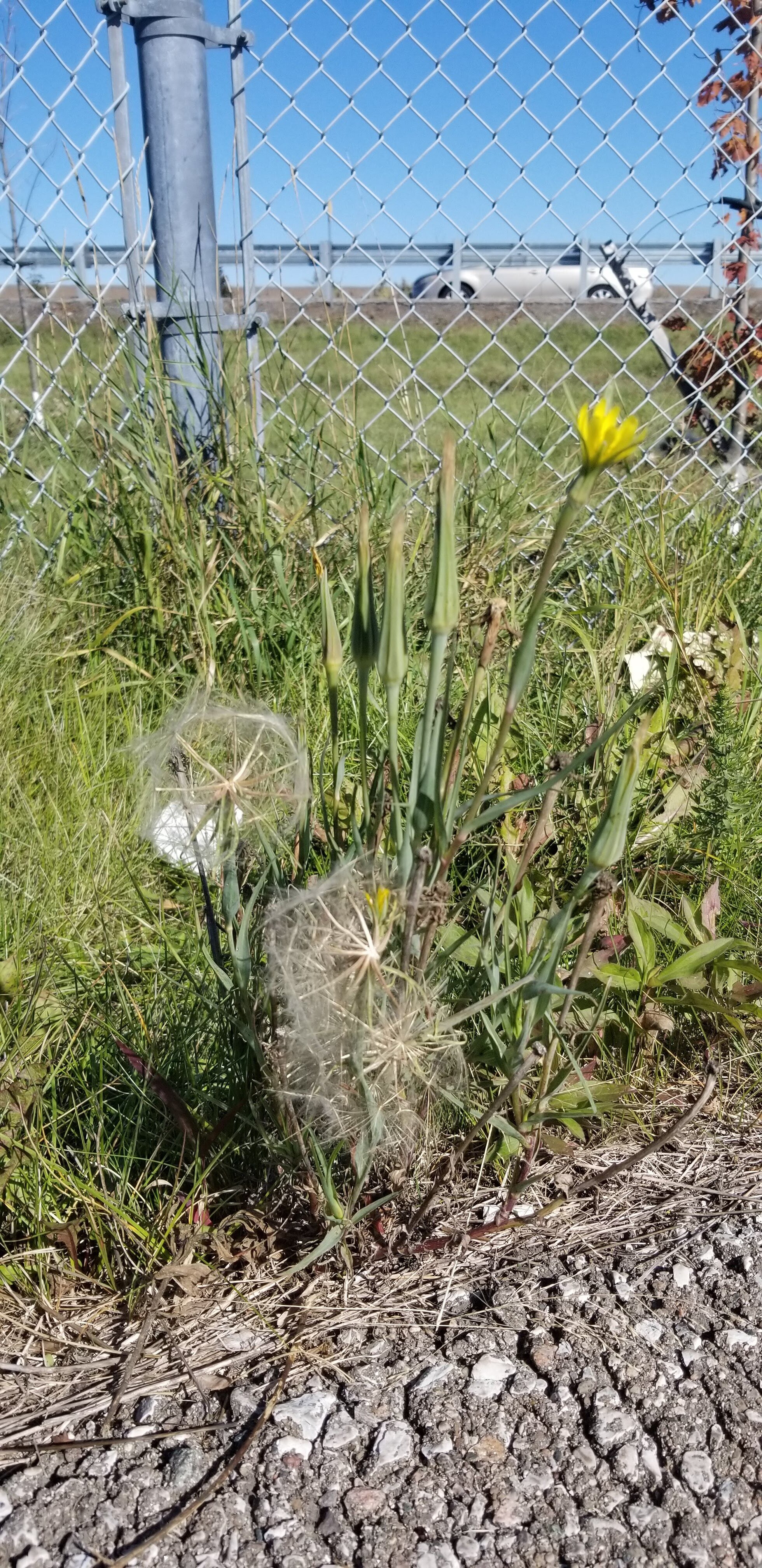
Education and The Anthropocene
Life today can be disrupted and feel disorienting. Our wants and needs, industry, waste, technology, food supply and energy use all have destabilizing effects on climate, biodiversity and every natural system. We are now living in a human-defined subdivision of geologic time, The Anthropocene. We seek to do our best for the children living their lives today and preparing for an uncertain future, for the curricular requirements we navigate in school, and for all of our fellow Earthlings.
Our Children
Parents and educators know instinctively, and it is reliably established as a broad trend, that children are too often increasingly detached from their wild surroundings. We all do and feel better with time and experiences in natural settings, immersed and paying close attention to the world.
“There's a generation now that didn't grow up in nature. Some of these adults are parents and they know that nature is good for their kids but they don't know where to start.”
— Richard Louv - Author, “Last Child in the Woods”
“Those who contemplate the beauty of the earth find reserves of strength that will endure as long as life lasts.”
— Rachel Carson - Author, “The Sense of Wonder”
“Of all the world’s creatures, perhaps those in the greatest need of rewilding are our children.”
— George Monbiot - Author, “Feral: Searching for Enchantment on the Frontiers of Rewilding”
“When we are mindful, deeply in touch with the present moment, our understanding of what is going on deepens, and we begin to be filled with acceptance, joy, peace and love.”
— Thich Nhat Hanh - Author, “Peace is Every Step”
Our Schools
Academically, we are at our best when embedded in authentic inquiry seeking meaningful wisdom, life-long. As we create and conduct this nature-based work, specific objectives and outcomes are woven together with these broader goals.
“We say that humans have the least experience with how to live and thus the most to learn—we must look to our teachers among the other species for guidance. Their wisdom is apparent in the way that they live. They teach us by example. They’ve been on the earth far longer than we have been, and have had time to figure things out.”
— Robin Wall Kimmerer - Author, “Braiding Sweetgrass: Indigenous Wisdom, Scientific Knowledge, and the Teachings of Plants”
“The worth of education must now be measured against the standards of decency and human survival-the issues now looming so large before us in the twenty-first century. It is not education, but education of a certain kind, that will save us.”
— David W. Orr - Author, “Earth in Mind: On Education, Environment, and the Human Prospect”
Our Home Planet
This is it. Earth is the only place we’ve ever known. We all grew up here. The planet is our source and the support of all life, and now this home and all of us Earthlings are under overlapping existential stresses. What’s our best way forward for learners and teachers? How can we help one another to thrive, and to belong? What do we need?
“Unless we are willing to encourage our children to reconnect with and appreciate the natural world, we can’t expect them to help and care for it.”
— David Suzuki - Author, “Everything Under the Sun: Toward a Brighter Future on a Small Blue Planet”
“The care of the Earth is our most ancient and most worthy, and after all our most pleasing responsibility. To cherish what remains of it and to foster its renewal is our only hope.”
— Wendell Berry - Author, “Think Little”
